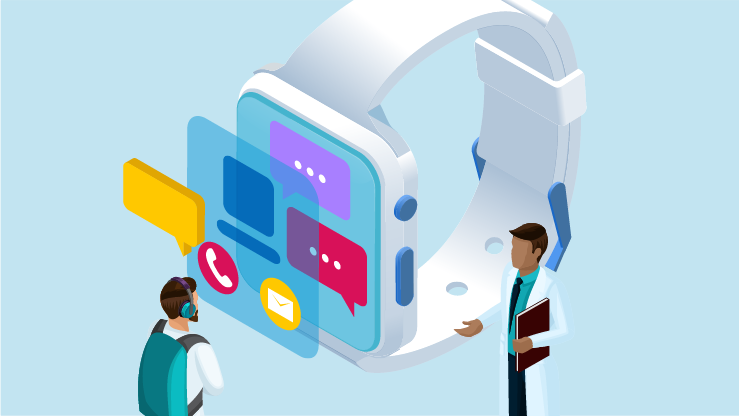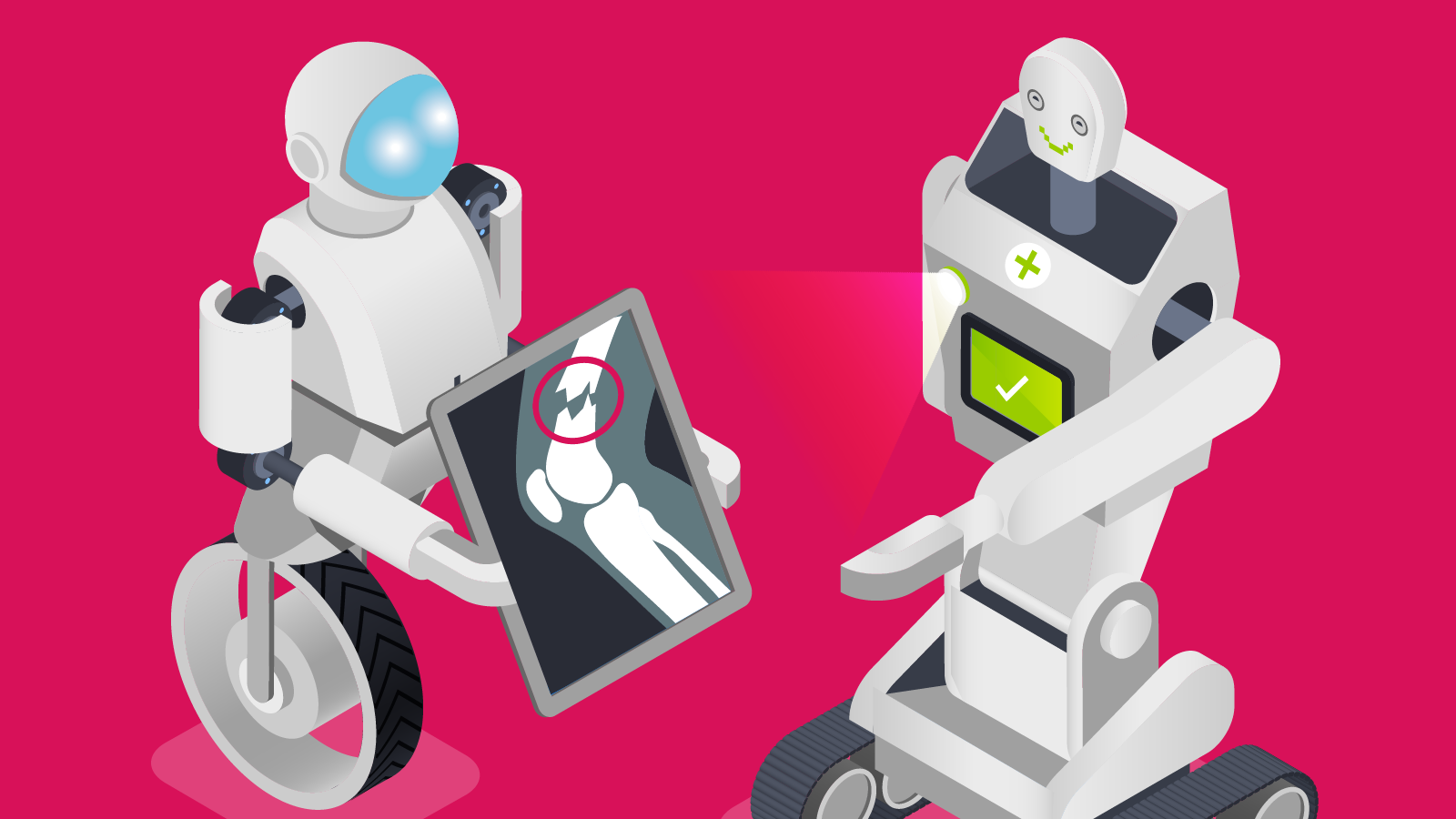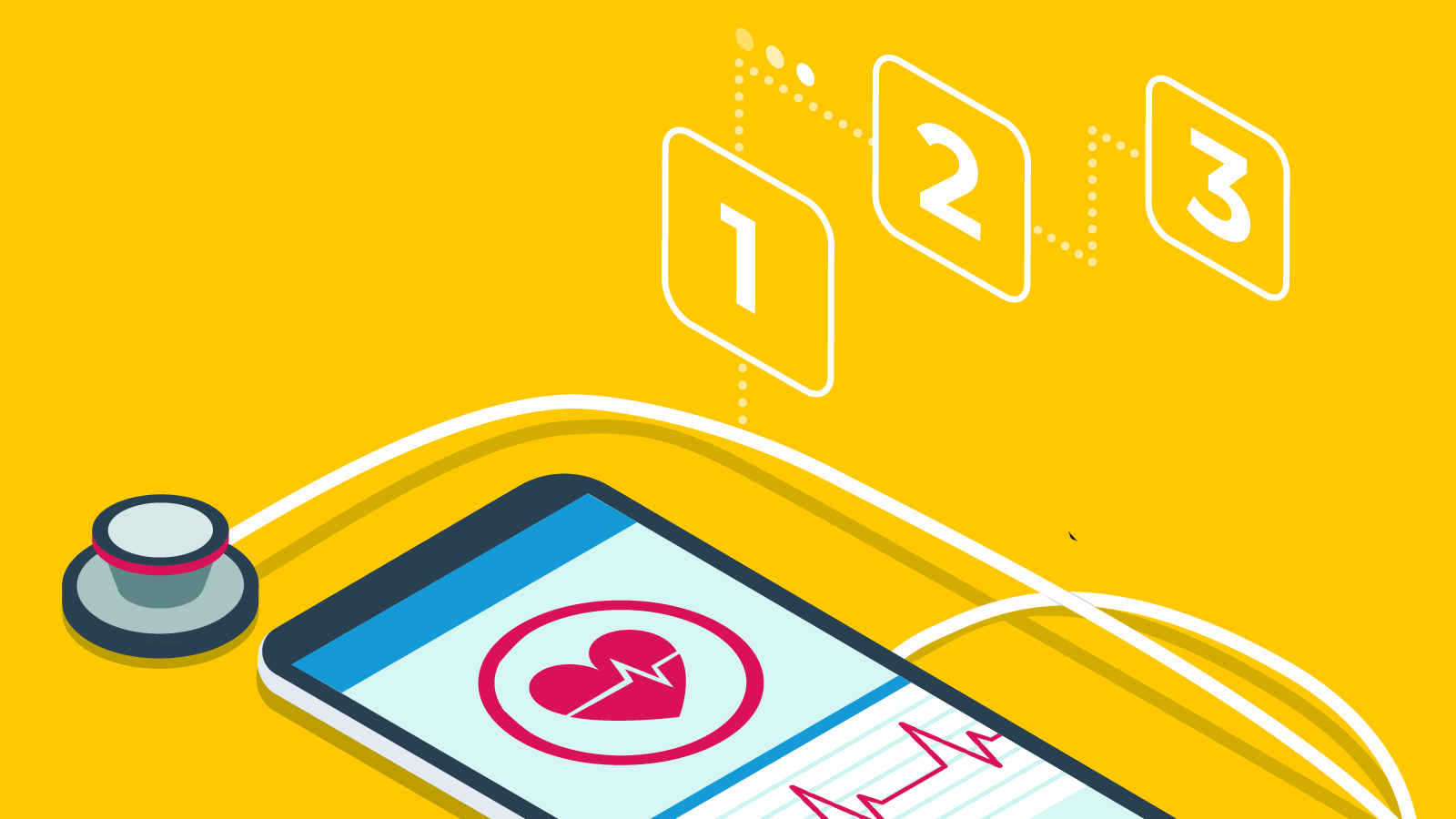So recent news from Cambridge that a new Artificial Intelligence (AI) programme could diagnose dementia with a single brain scan will be welcomed by families and treasuries.
How is dementia diagnosed?
It’s a notoriously difficult disease to diagnose. At the moment, it can take several brain scans and a battery of other cognitive tests to diagnose dementia. The Alzheimer’s Society in the UK says the process can take between four and 12 weeks.
The University of Cambridge’s new digital health solution could catch the very early signs of Alzheimer’s and other forms of dementia, even before symptoms start to show – and much earlier than humans could diagnose it. It does this by looking at how protein is folded: when protein in the brain is folded into the wrong structure, it creates a clump, which damages brain cells.
How does early diagnosis improve dementia?
The technology could be used to spot patients who are likely to have a slow decline in cognition and memory, and those who might have more rapid progression. That would give patients the chance to start treatment early, delaying the disease’s progression.
Digital health is evolving
The advances in technology over the last few decades have impacted virtually every area of our lives, and healthcare is no exception: from apps and wearable devices, to electronic records and AI breakthroughs like this one.
During the Covid-19 pandemic, lockdowns across the world meant people had to consult with their doctors remotely. The use of digital health tools accelerated as providers looked for other ways to treat their patients. Overnight, we found ourselves thrusted into the world of digital health. And it promises great rewards, from improved wellness to better diagnostics. In the UK, the NHS will expand its digitally enabled care offerings in the long term, so that patients get the best care possible.
But as with all new technologies, there are risks. Merging technology with something as sensitive as health, practitioners face issues from data protection to machine misdiagnosis. It’s becoming ever more crucial for healthcare providers to source adequate digital health insurance to cover their unique and challenging risks.
CFC’s eHealth policy includes technology E&O, bodily injury caused by outages and cyber and privacy protection, as well as automatic coverage for practitioners leveraging new tech. Contact healthcare@cfc.com to find out more.



